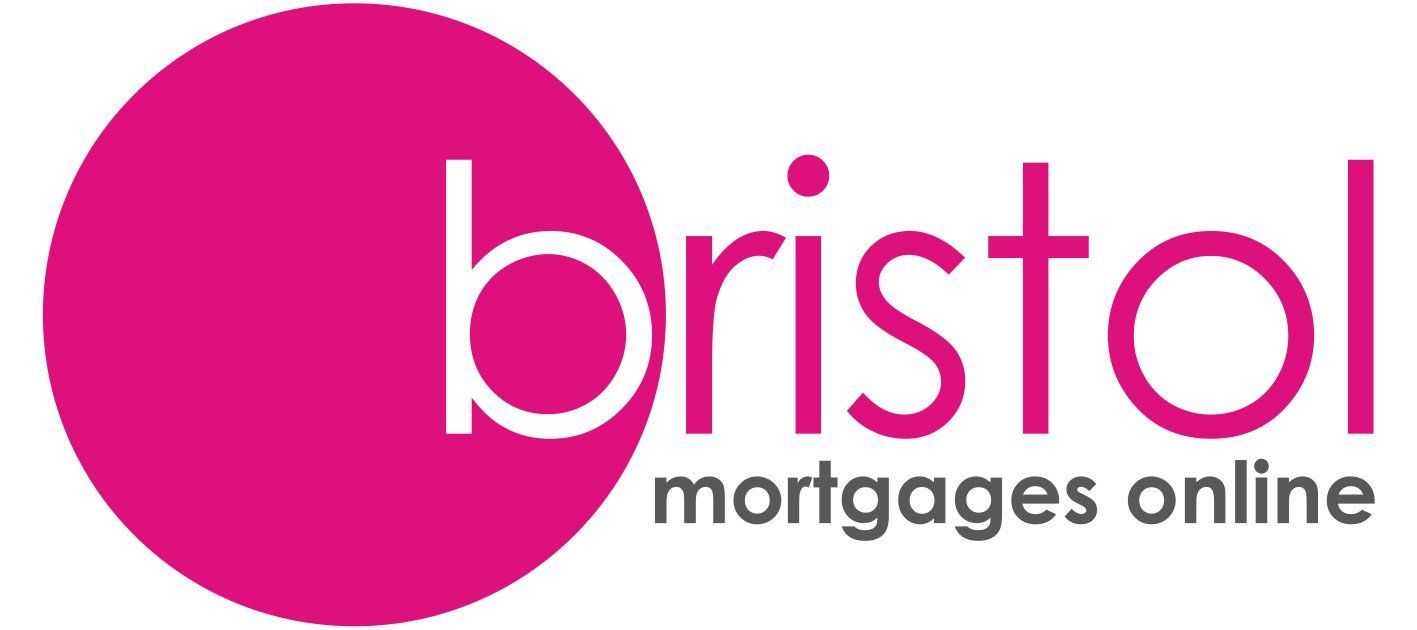Second Charge Mortgages
What is a Second Charge Mortgage?
Second charge mortgages or second loans are often referred to as “second mortgages” because they have secondary priority behind your main (or first charge) mortgage.
They are a secured loan, which means they use the borrower’s home as security. Many people use them as a way to raise money instead of remortgaging, but there are some things you need to be aware of before you apply.
- You must be a homeowner to get a second mortgage, although you do not necessarily need to live in the property.
- A second charge mortgage allows you to use any equity you have in your home as security against another loan. It means you will essentially have two mortgages on your home.
- A second charge mortgage can be a loan of anything from £1,000 upwards.
- Lenders now have to comply with stricter UK and EU rules governing mortgage advice, affordable lending and dealing with payment difficulties. This means that lenders now have to make the same affordability checks and ‘stress test’ the borrower’s financial circumstances as an applicant for a main or first charge residential mortgage.
- Borrowers will now have to provide evidence that they can afford to pay back this loan.
Our expert Advisers will be able to help you regarding what an affordability assessment might involve, and the evidence you may be required to provide to support your second mortgage application.
When is it appropriate to take out a Second Charge?
• When you are already on a competitive mortgage rate
• When you are tied into your mortgage with heavy redemption penalties
• When you have an interest only mortgage
• When you need a larger sum over a longer term to reduce payments
• When your credit status has changed since your last mortgage was agreed
• When you need early settlement flexibility
• When you need to raise capital for a non-traditional purpose
• When you are unable to obtain a re-mortgage or further advance
• When soft credit searches at quotation stage is important



